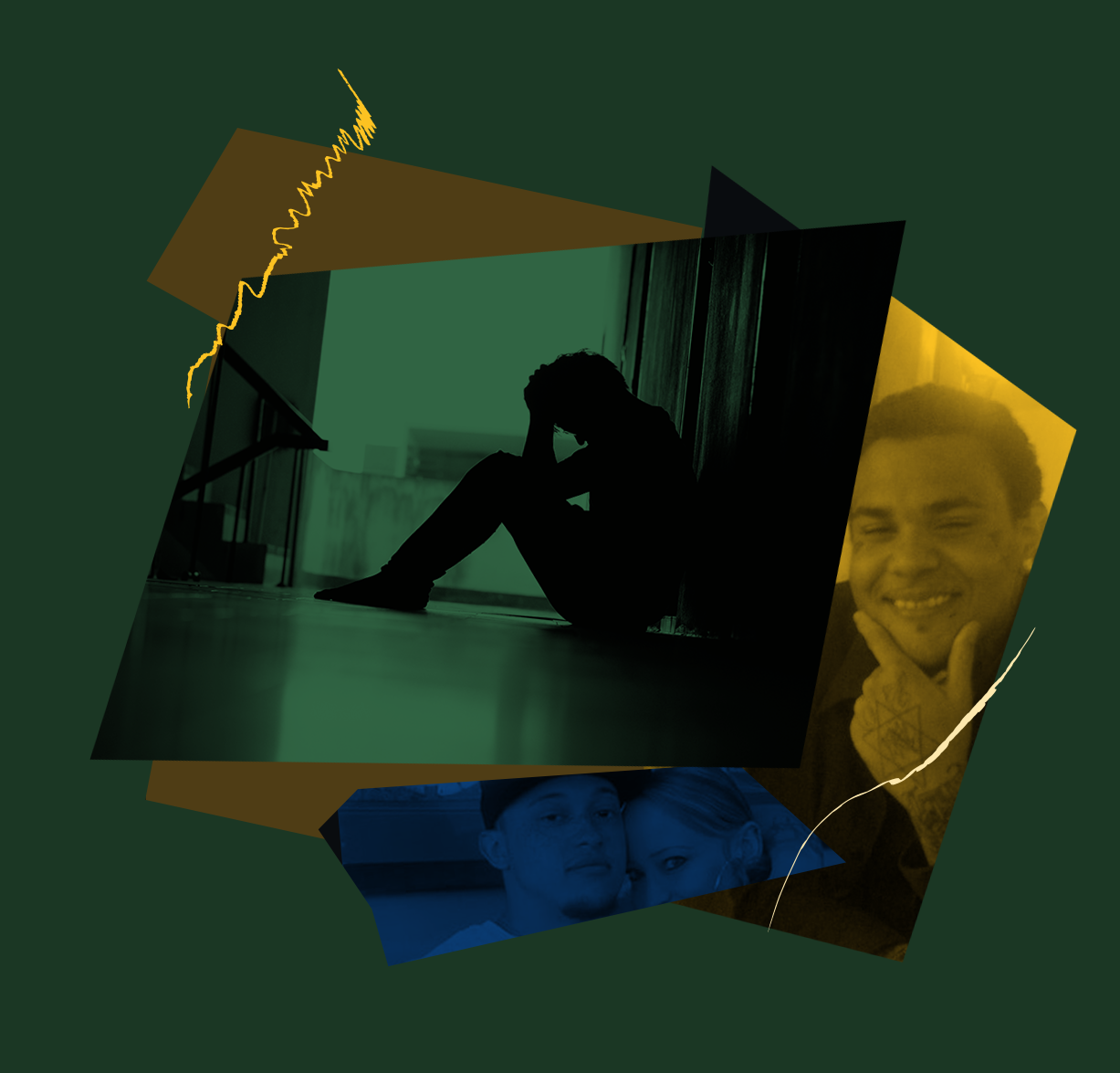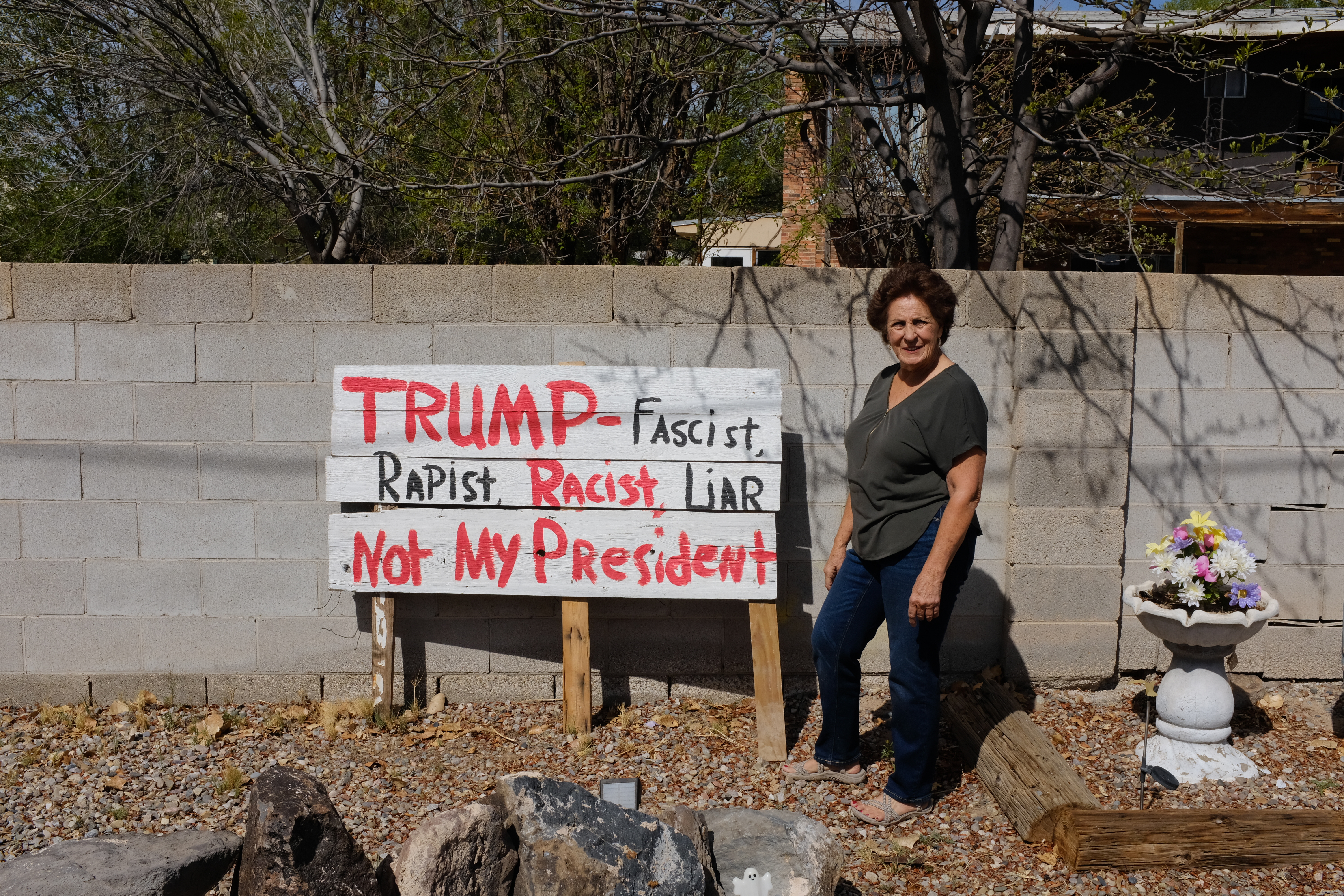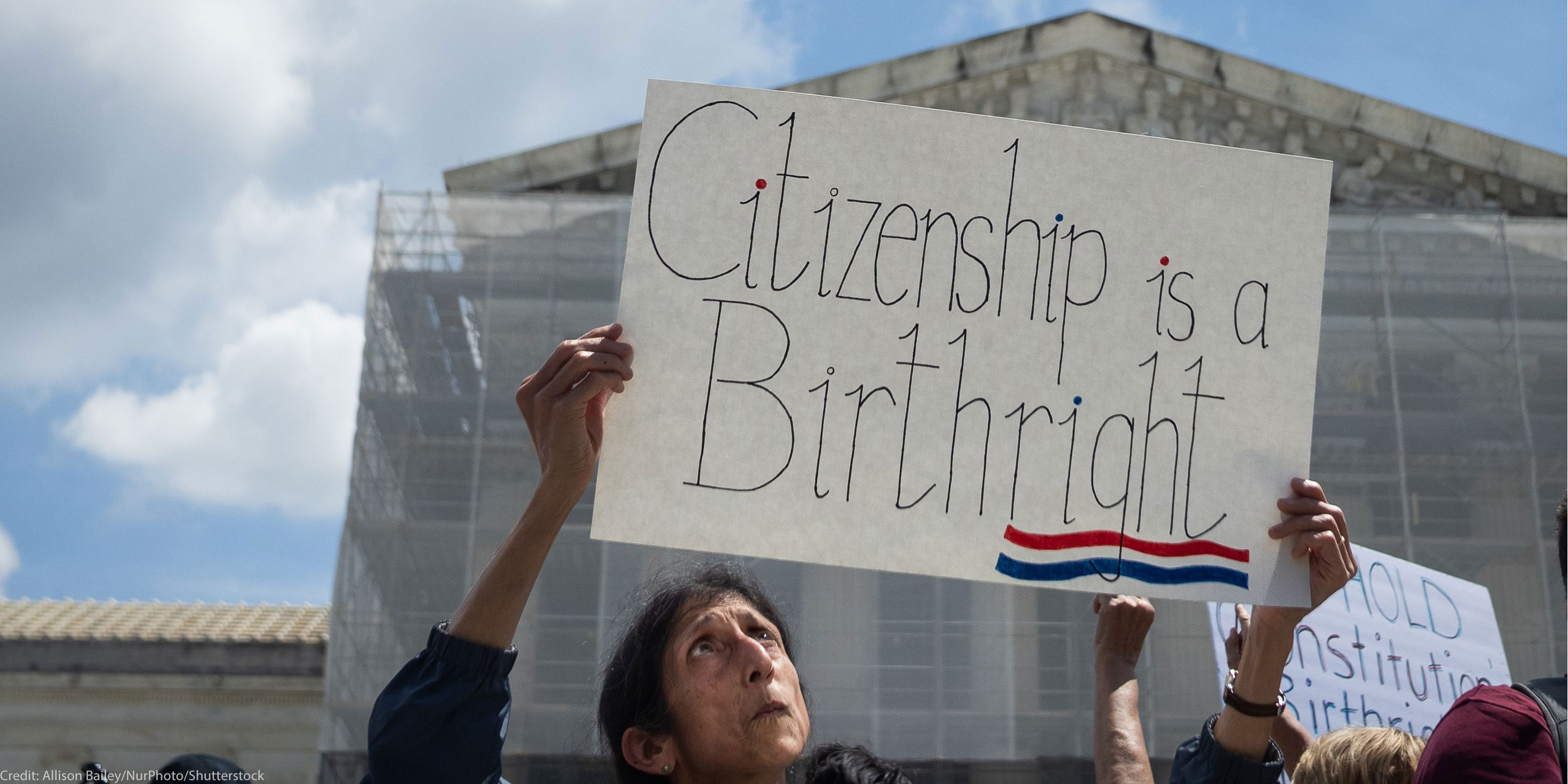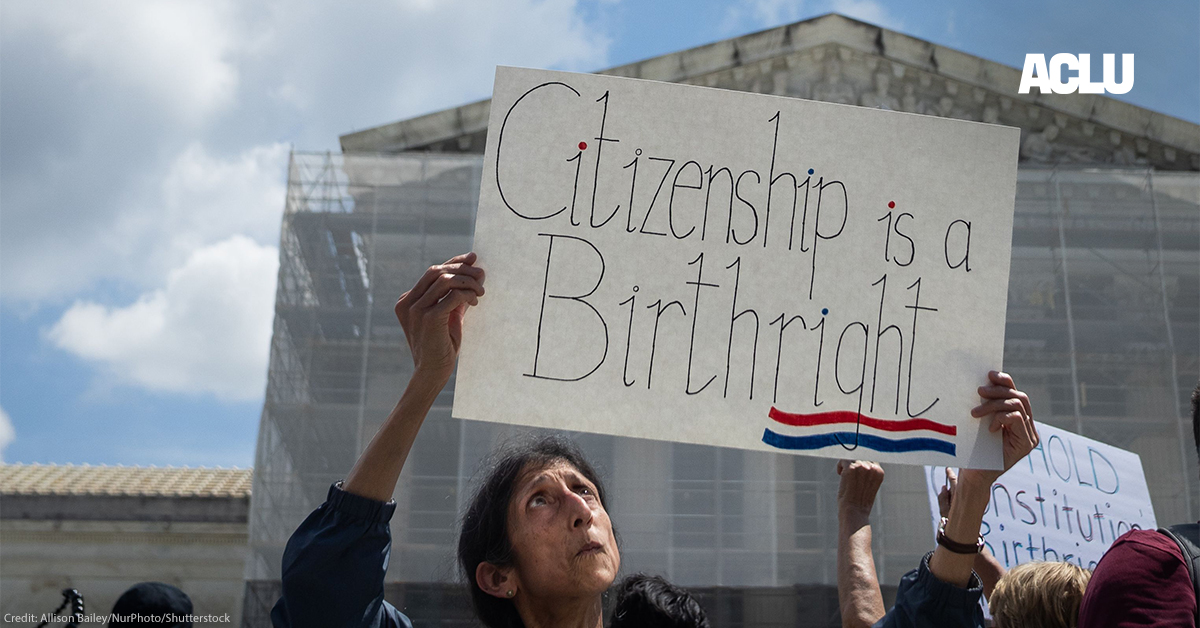This blog is the first of a series based on interviews with Mah-konce Hudson, GuJuan Fusilier, and O'Shay Toney, who are currently held in the Penitentiary of New Mexico.
The world seems to be getting darker and more cruel by the day. I’ve struggled along with many others to find hope and connection amidst rising fascism, masked kidnappings, and concentration camps, so it came as a surprise that I found inspiration in one of the cruelest of all places: solitary confinement.
For decades, our country has sanctioned unimaginable cruelty and dehumanizing violence against those living behind bars. New Mexico incarcerates more people per capita than the national average and in some of the worst conditions. Santa Fe’s long-term solitary confinement unit is deliberately designed to strip every bit of humanity from the people confined there and to break even the strongest of spirits—all happening far out of the public eye. Men in the unit are locked in sunless concrete boxes approximately the size of a parking space for 23 to 24 hours a day with no meaningful human contact for months and often years on end. Many subjected to this torture have succumbed to hopelessness and despair; my heart breaks for them and for their families.
I found inspiration in one of the cruelest of all places: solitary confinement.
Yet, life has a way of surviving even in the harshest conditions; with just a little water and sunlight, plants crack hard concrete walls and flower in desolate places. Similarly, even after years locked alone in cold, sunless concrete cages, some brave men in solitary confinement have held onto little seeds of hope and, through their ongoing trauma, are fighting to change the conditions in which they find themselves.
Men like Mah-konce Hudson, GuJuan Fusilier, and O'Shay Toney believed they had been discarded and abandoned by the world and left to rot away in quiet agony, with their stories and voices unheard. When we reached out to them, they were shocked that anyone cared about their lives, let alone wanted to ease their suffering. But the prospect of being heard and seen was enough to make their seeds of hope, tucked away in a hopeless place, begin to sprout.
New Mexico incarcerates more people per capita than the national average
Like 95% of people who are incarcerated, Mah-konce, GuJuan, and O’Shay will return home to their communities. Despite this fact, New Mexico’s prison system has seemingly branded them as irredeemable, heedless of their pleas for the support they need to change and become better for themselves and for their families. Instead, each day, month, and year spent in solitary makes it more difficult for them to outgrow their pasts and to break destructive patterns in their lives.
These men are just people with families, talents, and dreams. GuJuan’s eyes light up when he talks about his mom, who calls him her “baby” and wants to do TikTok dances with him when he returns home. O’Shay was a basketball prodigy before a juvenile mistake changed his path forever. Recently, he won an award from Arizona State University for his poetry. Outside of prison, Mah-konce plays four instruments. He is writing a book about repentance and transformation. It is their hearts that moved these three men to serve as the faces of a difficult lawsuit, which, if successful, will ultimately only benefit those who come after them.
To build a more just society, all people must have the chance to change, grow, and evolve. Inflicting more violence on those who have done harm does not advance rehabilitation and accountability—compounding violence through the torture of solitary confinement makes no one safer. Instead, people who have made terrible mistakes must be allowed to truly atone for them and be given the tools and support they need to become active and involved members of their communities, as O’Shay, GuJuan, and Mah-konce hope to do.
Date
Tuesday, August 12, 2025 - 1:00pmFeatured image




